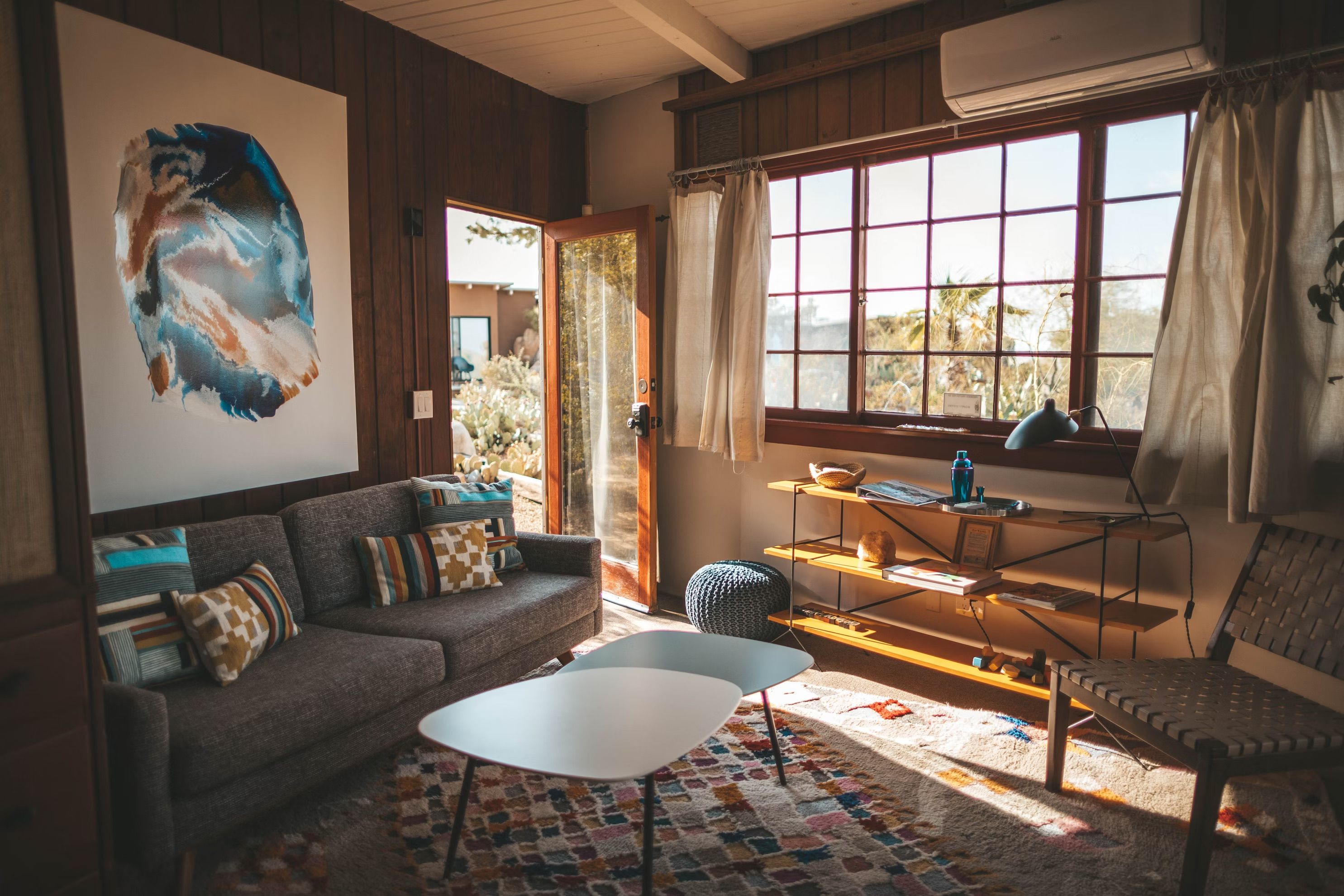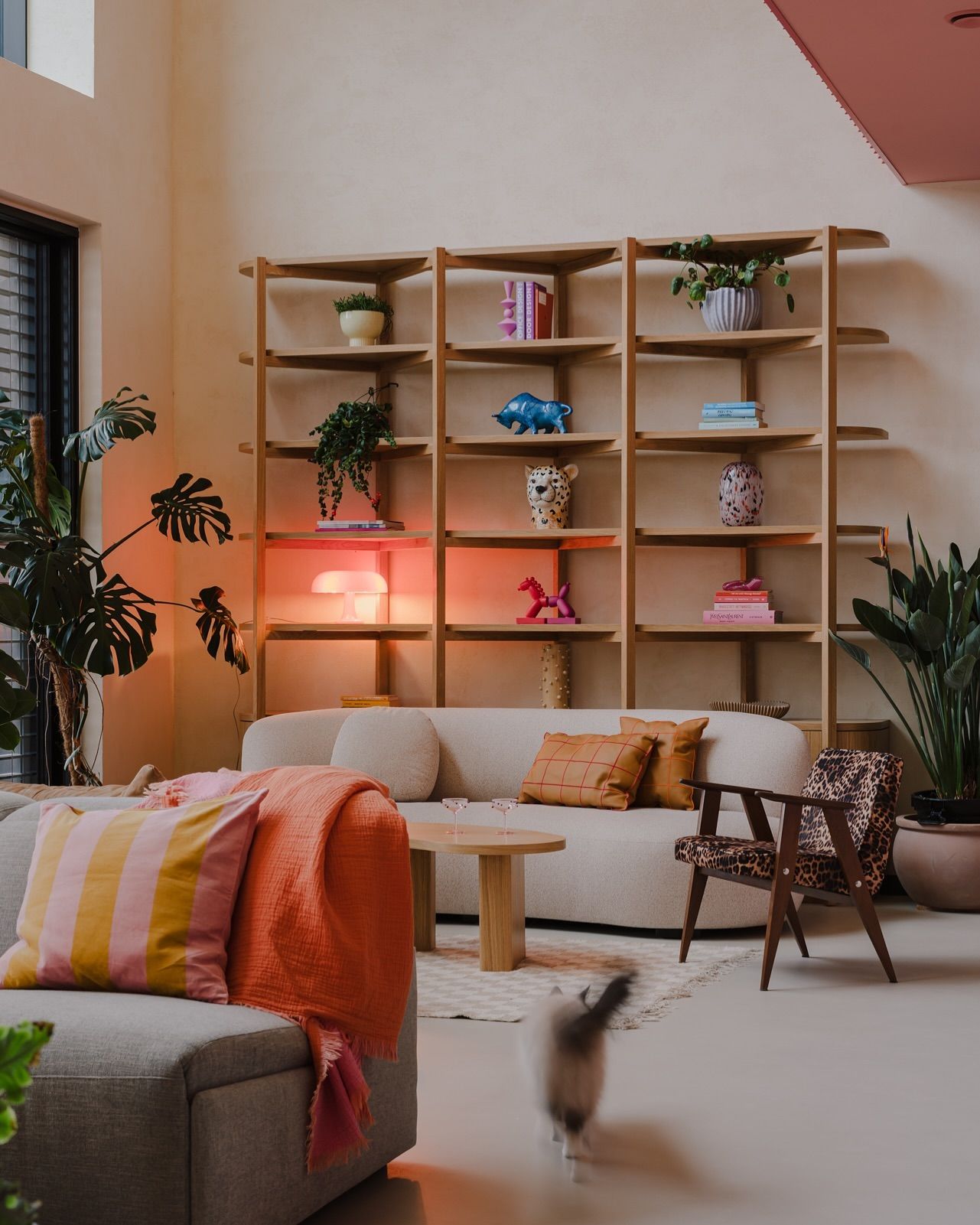Discover Food Storage Containers
Spoken matches food storage containers across 100s of stores to find you the best price.



Quick facts
Can't find the answer you're looking for? Please get in touch with our friendly team.
What is the best container to freeze food in?
The best containers for freezing food are airtight plastic containers, glass jars, or freezer bags. Look for containers labeled as freezer-safe to prevent cracking. Ensure they are filled appropriately to allow for expansion, and label them with contents and date for easy identification.
How long does food last in storage containers?
Food stored in airtight containers can last from a few days to several months, depending on the type of food. For example, cooked meals typically last 3-4 days in the fridge, while dry goods like pasta can last up to a year in a cool, dry place.
Is it better to store food in glass or plastic containers?
Glass containers are generally better for food storage as they do not leach chemicals and are more durable. They are also microwave and dishwasher safe, making cleaning easier. However, plastic containers are lightweight and less breakable, which can be convenient for certain uses.
What type of container is best for storing food?
Glass containers with airtight lids are ideal for storing food. They are non-toxic, easy to clean, and do not absorb odors. BPA-free plastic containers are also good but ensure they are microwave and dishwasher safe. Choose sizes that fit your storage needs.
Category Overview
Introduction
Food storage containers play a pivotal role in every household, serving as essential tools for organization and preservation. They not only safeguard your meals but also contribute to a stress-free kitchen environment. By offering a reliable way to store leftovers, meal prep ingredients, and snacks, these containers enhance your everyday life through their utility and convenience. Imagine effortlessly accessing your neatly stored items while preparing dinner or grabbing a healthy snack on the go—this is the comfort that well-designed food storage solutions bring to your routine.
Functionality
The primary function of food storage containers is to keep food fresh while providing easy transport and access. Whether you're storing meals in the fridge, packing lunch for work, or keeping snacks at hand during family outings, these containers prove indispensable across various settings. You'll find them utilized in kitchens, dining areas, picnics in the park, or even at outdoor barbecues. Many modern options offer unique features such as airtight seals for extended freshness or stackable designs that save space in crowded cabinets—ideal for those with smaller kitchens or limited countertop space.
Design & Style
Food storage containers come in an array of styles and materials tailored to fit diverse aesthetics and practical needs. Common materials include glass for its durability and non-reactivity with food, plastic for lightweight convenience, and stainless steel for a modern touch. You might find designs ranging from sleek minimalist shapes to vintage-inspired patterns that add charm to your kitchen decor. This versatility allows you to personalize your container collection—whether you lean towards contemporary chic with clear glass jars showcasing colorful spices or prefer rustic wooden boxes that evoke farmhouse coziness.
Practical Considerations
Selecting the right food storage container requires considering several factors: assess your room size to choose appropriately sized items; prioritize material durability based on your lifestyle needs (e.g., heavy-duty containers for meal prep); and align design preferences with existing decor themes. To maximize functionality, avoid common mistakes like underestimating capacity or overlooking lid compatibility—make sure each piece suits your intended use.
Comparison and Alternatives
When it comes to materials and styles for food storage containers, there are important considerations worth examining. For instance, glass offers an aesthetic advantage but can be heavier than plastic; conversely, plastic is lightweight but may retain odors over time. Shapes matter too—round containers are perfect for sauces but may waste space compared to rectangular ones when stacking in cabinets. Think about how these choices align with your kitchen's size and design preferences as you select options that will best serve your cooking habits.
Trends and Popular Items
Current trends reflect a growing appreciation for eco-friendly materials like bamboo fiber alongside more traditional choices like glass and stainless steel. Consumers are gravitating towards multi-functional sets that cater not just to food preservation but also stylish presentation on dining tables. The rise of sustainable living has popularized reusable silicone bags as alternatives to single-use plastics—all part of creating a more conscious culinary experience at home. In summary, food storage containers not only preserve the freshness of your meals but also elevate the overall efficiency of managing your kitchen space while harmonizing with personal style preferences.